BP moves to end long legal battle
Last week BP agreed to settle all government lawsuits surrounding the Deepwater Horizon disaster for a total of $18.7bn. Matthew Partridge looks at where the oil giant goes from here, and whether its worth buying.

Get the latest financial news, insights and expert analysis from our award-winning MoneyWeek team, to help you understand what really matters when it comes to your finances.
You are now subscribed
Your newsletter sign-up was successful
Want to add more newsletters?

Twice daily
MoneyWeek
Get the latest financial news, insights and expert analysis from our award-winning MoneyWeek team, to help you understand what really matters when it comes to your finances.

Four times a week
Look After My Bills
Sign up to our free money-saving newsletter, filled with the latest news and expert advice to help you find the best tips and deals for managing your bills. Start saving today!
It has been over five years since an explosion at the Deepwater Horizon oil rig killed 11 workers and pumped millions of barrels of crude oil into the Gulf of Mexico. Since then oil giant BP has had to face a prolonged legal battle, both in terms of private compensation claims and fines under various environmental laws. Last week BP agreed to settle all government (but not private) lawsuits for a total of $18.7bn, although the deal still needs formally to be approved by a judge.
This deal will "add at least $10bn to the $44bn that BP had already incurred in legal and clean-up costs", say Daniel Gilbert and Sarah Kent in The Wall Street Journal. However, it will also "avert years of litigation over the environmental impact of the spill". Meanwhile, "the payments would be stretched out over 18 years at around $1.1bn annually, softening the blow to the company's cash flow". A large part of the settlement is also likely to be tax-deductible, further softening the blow. So despite the scale, it's little wonder the company's share price rose by nearly 4% on the day in relief.
This is the largest such settlement ever agreed in America, but it still looks a "reasonable deal", agrees the Financial Times. However, an agreement "could and should have been reached as soon as the critical facts were clear", which was pretty much within a year of the original spill. BP was negligent, of course, but it was "heroic in its subsequent efforts to stop the leak, clean up the oil and compensate the victims".
MoneyWeek
Subscribe to MoneyWeek today and get your first six magazine issues absolutely FREE

Sign up to Money Morning
Don't miss the latest investment and personal finances news, market analysis, plus money-saving tips with our free twice-daily newsletter
Don't miss the latest investment and personal finances news, market analysis, plus money-saving tips with our free twice-daily newsletter
Instead, it seems that "the belligerence of the US authorities, and the state and local governments in particular", were the biggest hold-up focusing too heavily on "grandstanding and attempts to wring out the maximum possible payout". For example, claims for economic damage filed by state and local governments were reportedly more than $34bn, yet in the settlement they were resolved for just $5.9bn. It's a lesson the US should bear in mind for the next time there is a "large industrial disaster".
Our view
Get the latest financial news, insights and expert analysis from our award-winning MoneyWeek team, to help you understand what really matters when it comes to your finances.

-
 How to navigate the inheritance tax paperwork maze in nine clear steps
How to navigate the inheritance tax paperwork maze in nine clear stepsFamilies who cope best with inheritance tax (IHT) paperwork are those who plan ahead, say experts. We look at all documents you need to gather, regardless of whether you have an IHT bill to pay.
-
 Should you get financial advice when organising care for an elderly relative?
Should you get financial advice when organising care for an elderly relative?A tiny proportion of over 45s get help planning elderly relatives’ care – but is financial advice worth the cost?
-
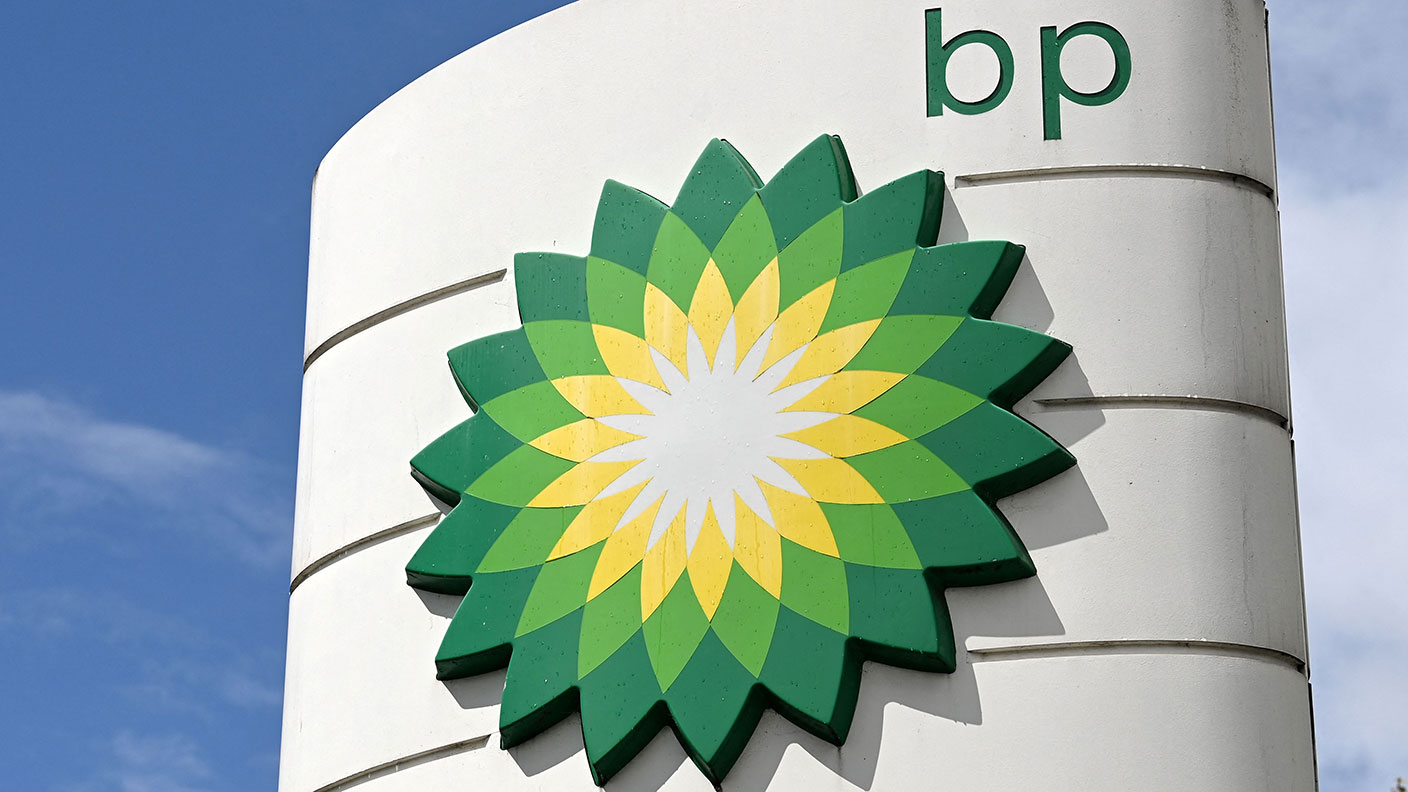 As oil prices surge, should you buy BP shares?
As oil prices surge, should you buy BP shares?Analysis The imbalance between supply and demand has sent the oil price surging, bringing bumper profits to oil giant BP. Rupert Hargreaves looks at the numbers and asks if BP shares deserve a place in your portfolio.
-
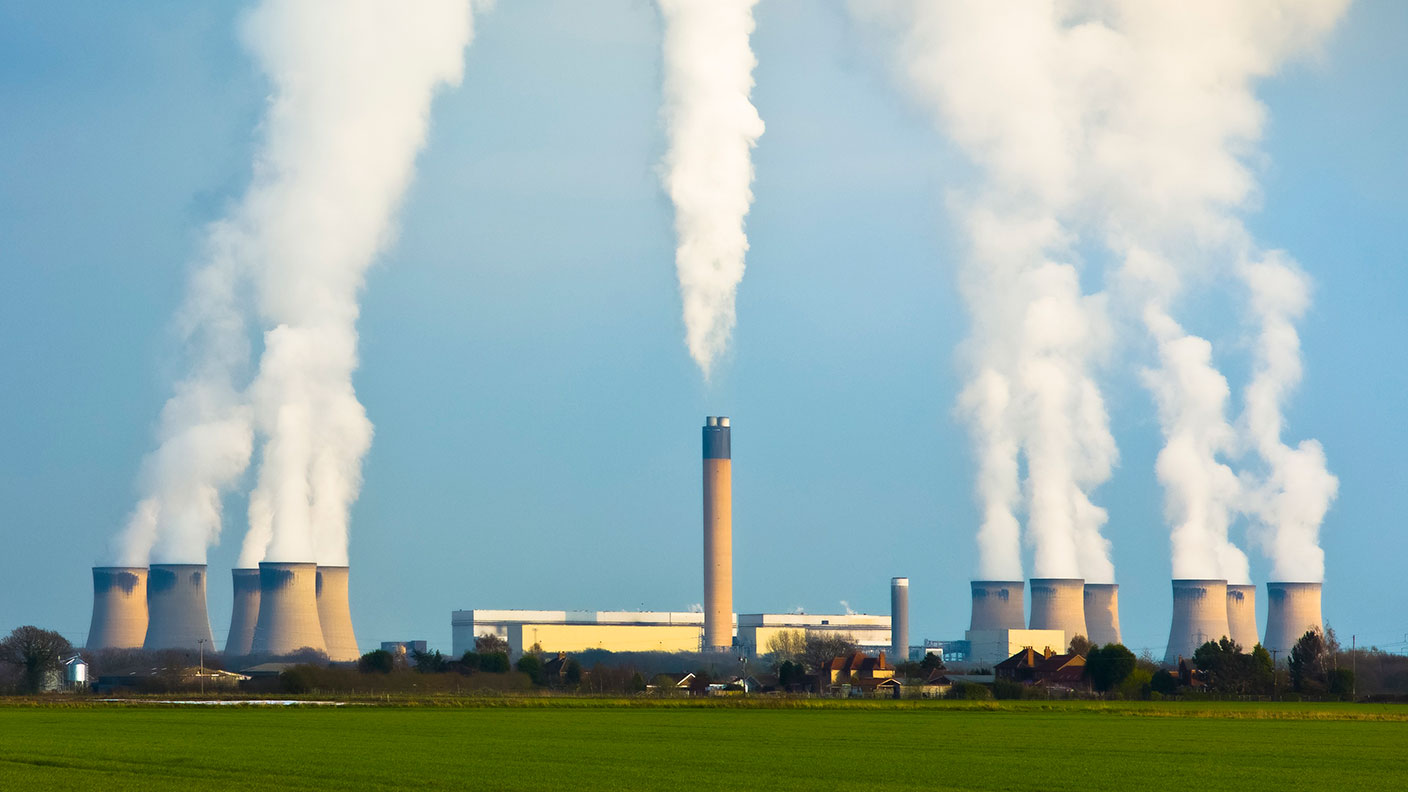 Should you be worried about energy windfall tax proposals?
Should you be worried about energy windfall tax proposals?Analysis Calls have been growing for a windfall tax on UK oil and gas producers. It's a popular idea, but is it a good one? And what does it mean for investors in the UK's energy companies? Rupert Hargreaves explains.
-
 BP’s profits surge, but the company’s growth is far from guaranteed
BP’s profits surge, but the company’s growth is far from guaranteedAnalysis BP profits are at their highest in a decade, and it looks to be a business firing on all cylinders. But its future is far from certain, says Rupert Hargreaves.
-
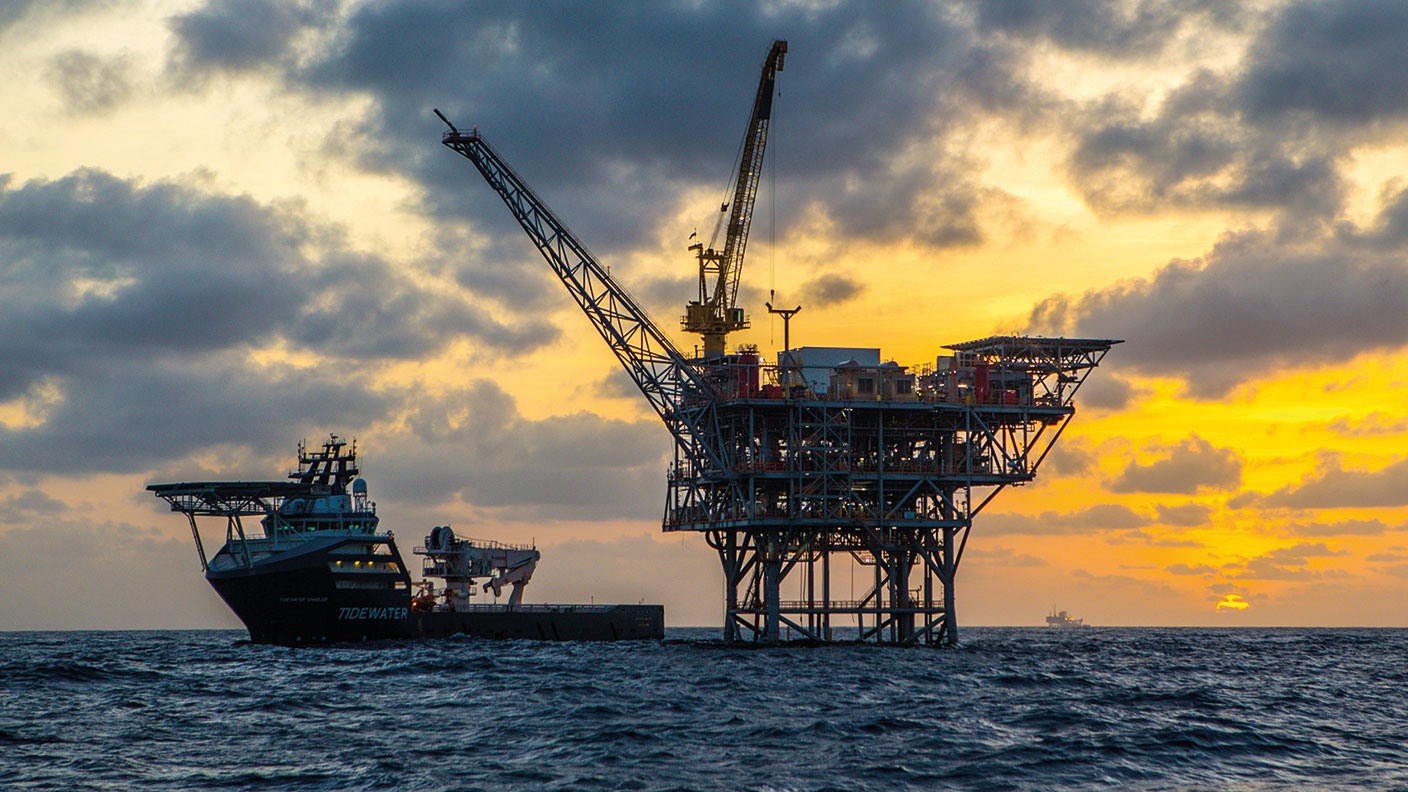 BP: really going “beyond petroleum” won't be easy
BP: really going “beyond petroleum” won't be easyNews BP is recovering and plans to become carbon neutral by 2050. Meanwhile, activist investors are targeting ExxonMobil. Matthew Partridge reports
-
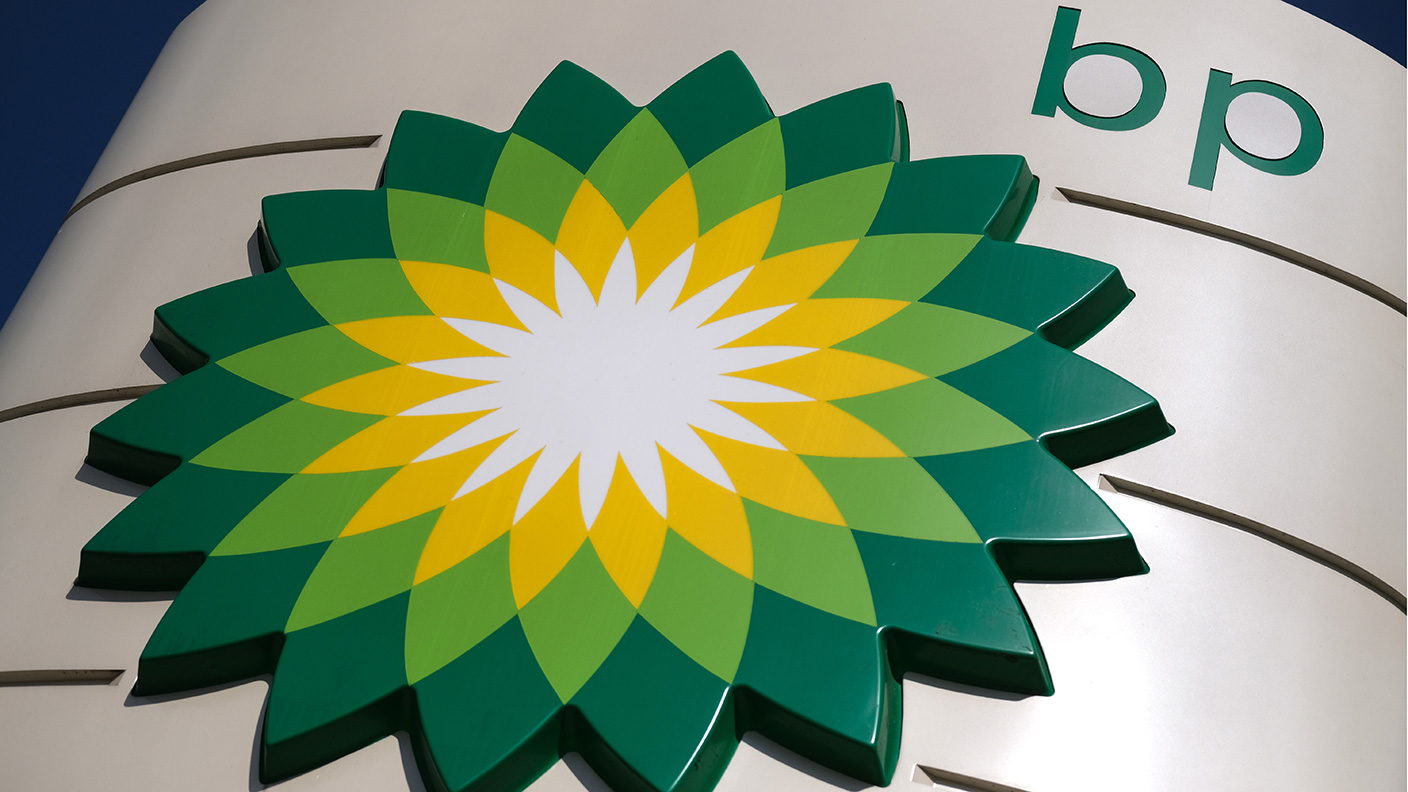 BP looks set to return more money to shareholders as it beats expectations
BP looks set to return more money to shareholders as it beats expectationsNews Oil major BP is to embark on a share buyback programme after significantly reducing its debts. Saloni Sardana looks at what it means for your portfolio.
-
 BP has slashed its dividend – and markets love it
BP has slashed its dividend – and markets love itOpinion BP has bowed to the inevitable and cut its dividend in half – and its share price promptly rose. John Stepek explains what it means for shareholders and for beleaguered income investors.
-
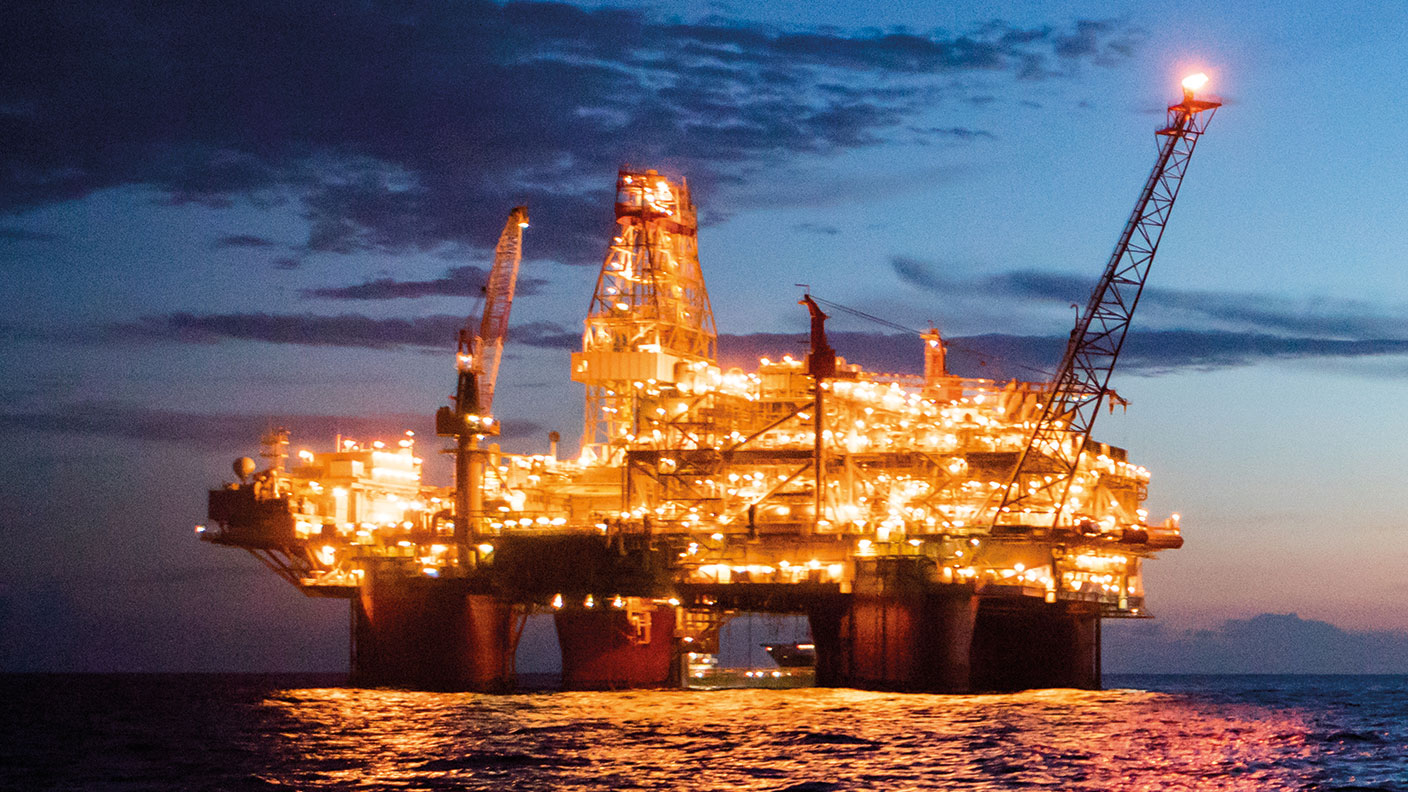 BP bows to reality as it writes down $17bn of assets
BP bows to reality as it writes down $17bn of assetsNews The oil giant has ditched its conspicuously bullish outlook and written down the value of its assets. Will it cut its dividend too? Matthew Partridge reports
-
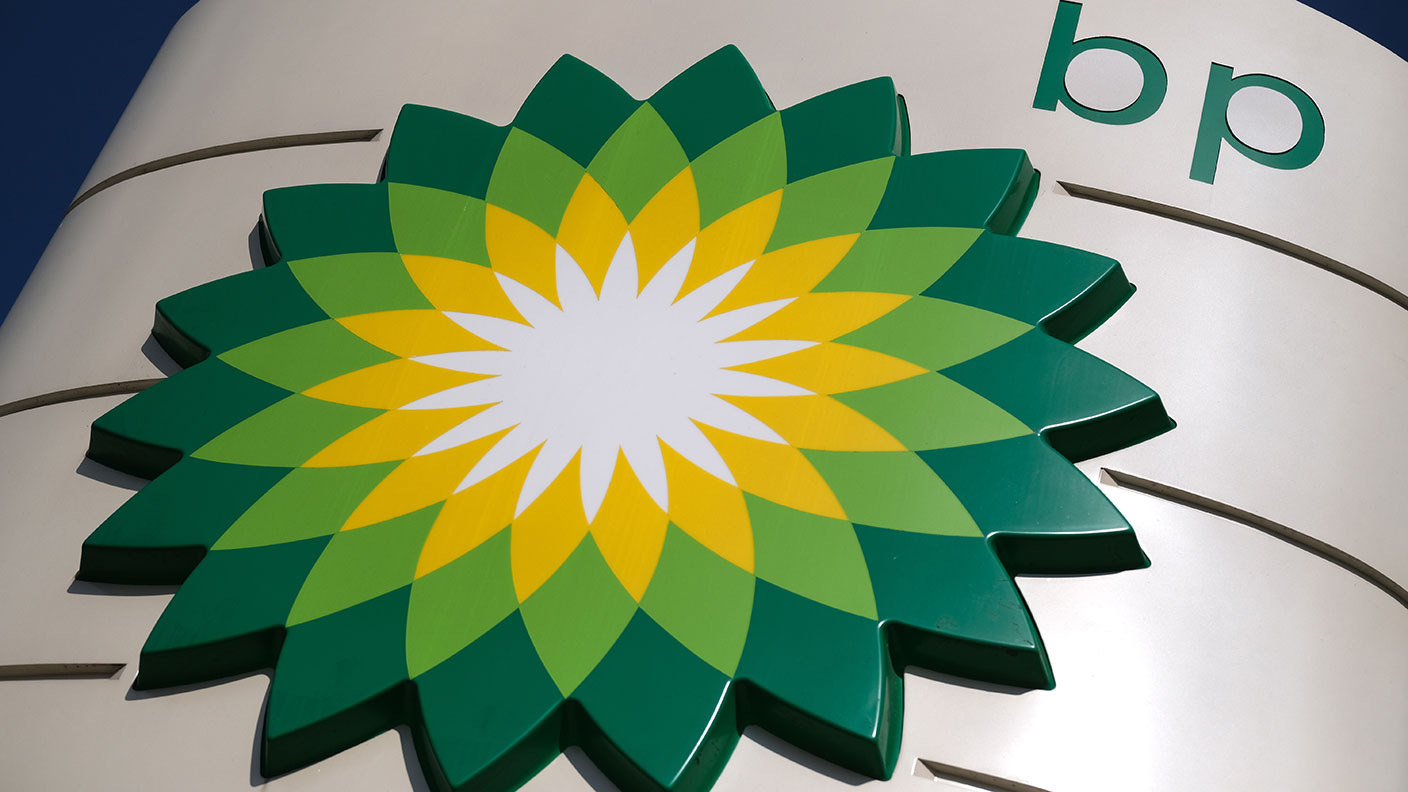 Watch out income investors – BP looks likely to cut its dividend in the near future
Watch out income investors – BP looks likely to cut its dividend in the near futureOpinion Oil major BP is writing billions off the value of its assets as it struggles to adapt to the changing world. Unlike Shell, however, BP hasn’t yet cut its dividend. But, says John Stepek, it’s only a matter of time till it does.